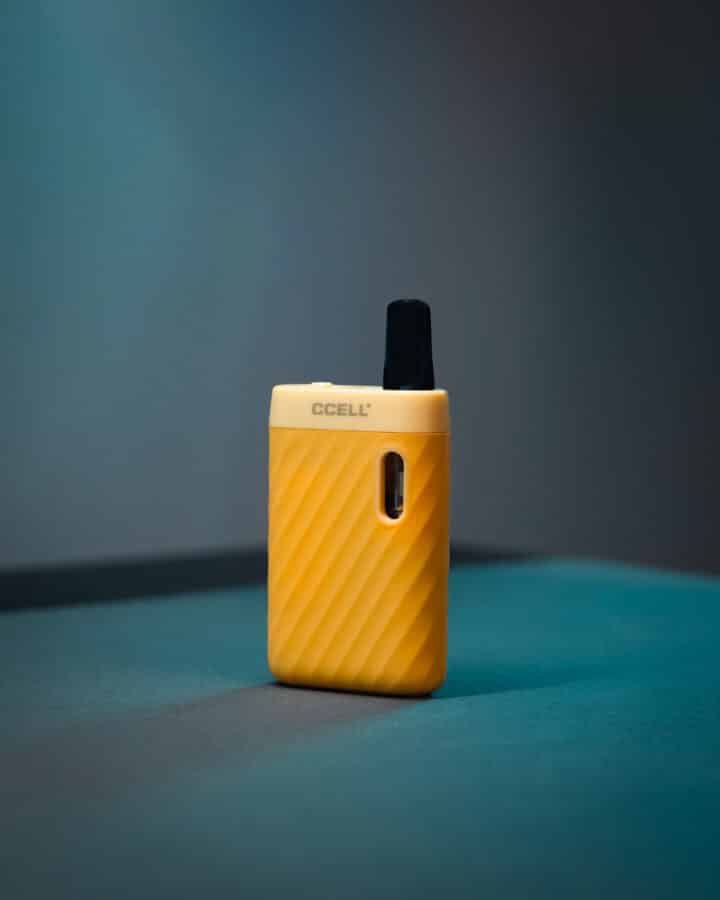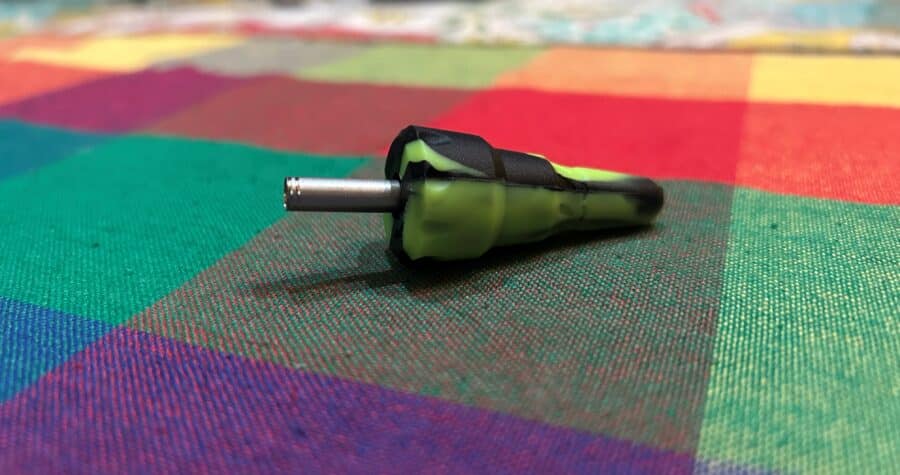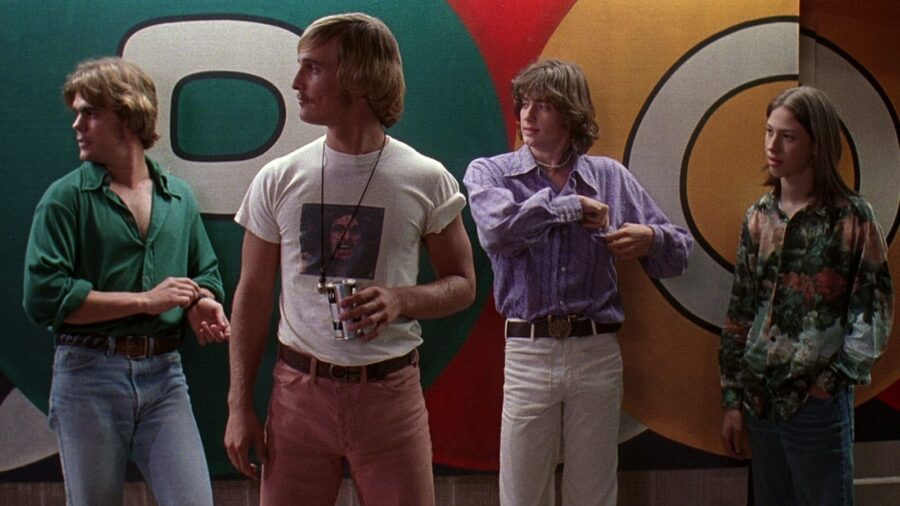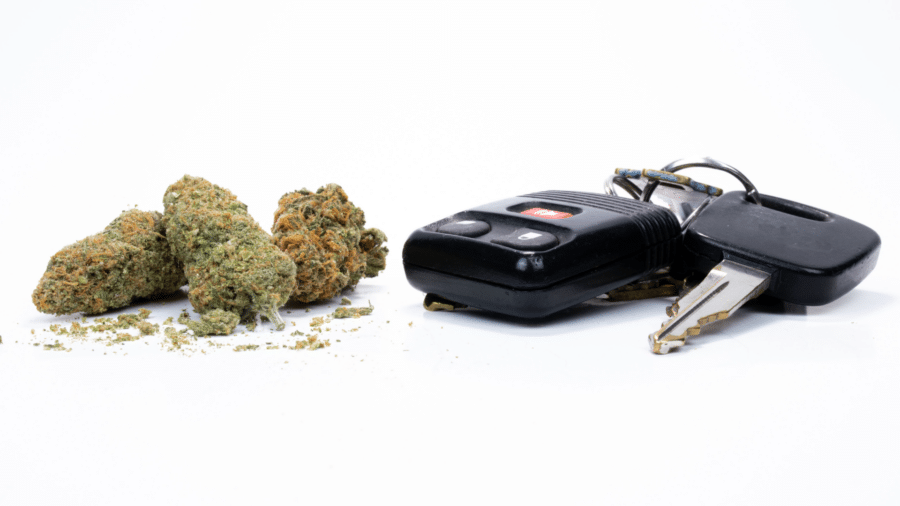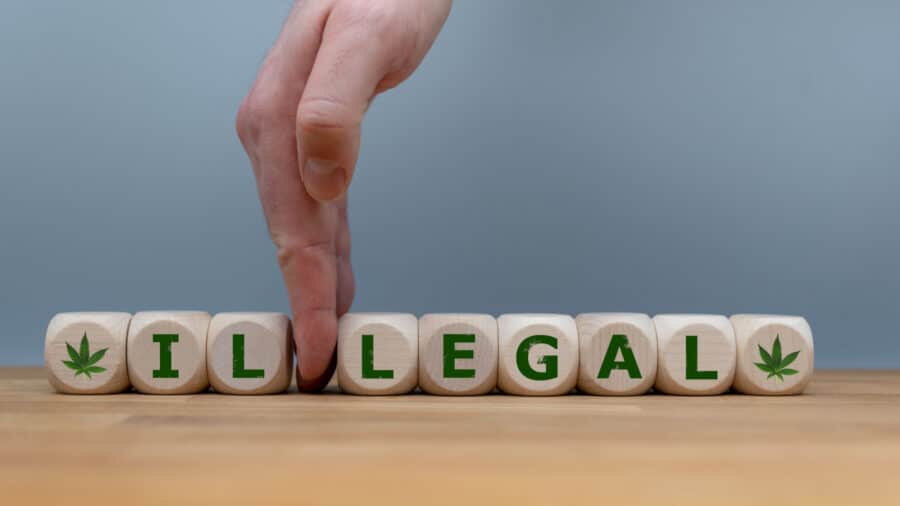New Pot Laws on the Books for Louisiana
A look at Pelican State marijuana laws: what’s new, what’s imminent, and what didn’t make the cut.
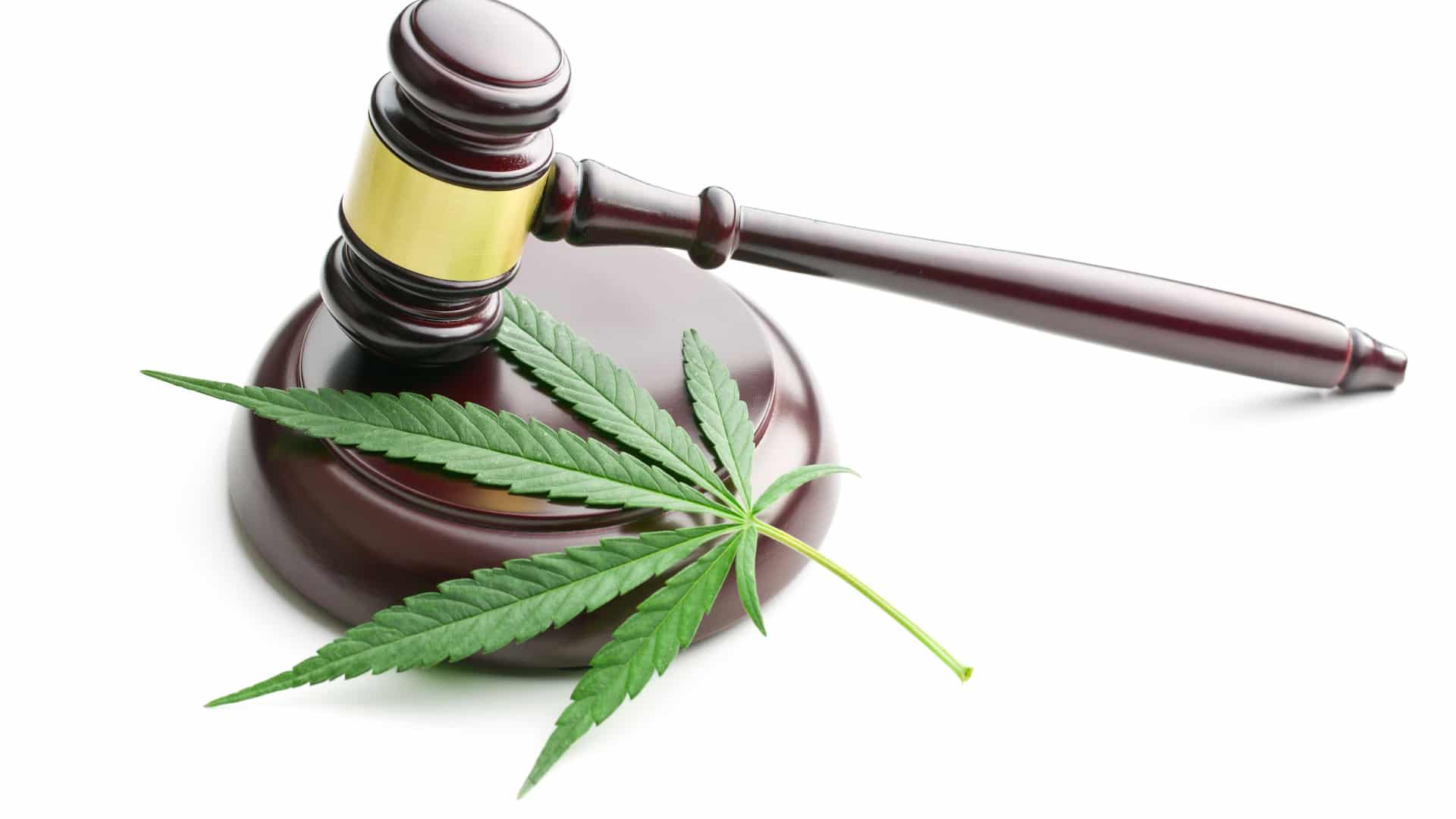
Someone grab Governor John Bel Edwards a new pack of pens, because with all the new bills that have been signed into law, he’s gotta be running low on ink.
But let’s be clear: he might be a Democrat, but Edwards is not in favor of decriminalizing. He’s a lone Democrat in a deeply red state and has won twice thanks to his conservatism, and his efforts toward healthcare reform – a major issue to his base of voters which include a large number of registered Republicans.
In fact, he’s been a vocal opponent of decriminalization, and Edwards insists this represents a step towards incarceration reform, easing an already overtaxed prison system, and recognition of an unfair system that continuously punishes citizens for minor legal infractions. Despite his busy penmanship, Louisiana’s efforts are already far behind in a country where marijuana reform is falling across the states like dominoes. What Edwards is in favor of is legislation, and the litany of bills to cross his desk and come out the other side as law is a reflection of that.
Here’s a look at some new legislation starting August 1st that will directly affect the nearly 30,000 Louisiana residents registered in the state’s medical cannabis access program.
HB 190: Allows certain nurse practitioners the ability to issue medical cannabis authorizations.
HB 330: Authorizes the creation of the Industrial Hemp Promotion and Research Program.
HB 629: Bars warrantless searches of a person’s place of residence based only on the presence of the odor of marijuana.
HB 234: Bans vaping or smoking marijuana in motor vehicles.
HB 697: This bill revises a few different laws, all concerning regulating the production of marijuana for therapeutic use, how the product is to be dispensed, and includes setting a cap on the number of dispensaries allowed to open within a certain timeframe. It also reallocated regulation, moving from the domain of the Department of Agriculture of Forestry to the Department of Health, and testing of medical cannabis to the Board of Pharmacy.
HB 135: Locals don’t have to worry about this one too much – unless they’re working at a dispensary. This bill authorizes the dispensing of MMJ by Louisiana-licensed pharmacies to certain qualifying patients who do not reside in the state.
HB 137: Provides immunity from being prosecuted for MMJ, including qualified patients from out of state – redundant with HB 135 already in place, but what’s the government at all, if not full of redundancy?
HB 698: Relates to the fees associated with the regulation of MMJ, to be assessed by the Louisiana Department of Health.
HB 775: Legalizes any paraphernalia that is used or intended for the use of crude marijuana (flower), or cannabis derivatives for patients of a state-sponsored MMJ program.
Bills that aren’t quite law yet (here’s your refresher course on the process), but are on the docket to be signed, or expected to become law soon include:
HB 988: A very important addition for MMJ users, this bill protects qualified patients using medical cannabis from discrimination in the workplace. Safety positions such as law enforcement and firefighters are exempt from participation.
HB 314: A bill intended to clarify the government entities that are involved in cannabis regulation – specifically a transfer of dispensary regulation power from the Louisiana Board of Medical Examiners to only the Board of Pharmacy.
HB 425: Pending a subject to call within the House of Representatives, this bill would increase the licenses for pharmacies that dispense cannabis for therapeutic use.
HB 566: Removes the cap on the total number of production facility licenses that are allowed to be issued and aims for a smooth transition to regulation control by the Louisiana Department of Health. The bill is still technically being held up by the appropriations committee but is expected to pass.
HB 793: Similar to HB 190, this bill opens up the pool of healthcare workers with the authority to prescribe MMJ.
Most of these laws have to do with regulation, licenses, the sale of MMJ, who qualifies for the program, and protections from persecution for those who qualify, but here’s a few details of the ones that didn’t make the cut.
HB 125 and 430 regulated the cultivation, manufacture and sale of cannabis and cannabis products for adult use, and in the case of the latter included home growing with permits. The first died in committee, and the second was rescinded by the author.
These next few are interesting because they deal directly with criminal justice reform – part of Edwards’ cited agenda.
HB 676 proffered that any person convicted of possession of 56 grams or less of marijuana would not be sentenced as a habitual offender. While not rejected outright, this bill was not acted upon.
HB 744 would have expunged conviction records and fees for possession of cannabis; passed in the House but failed in the Senate.
These are clearly not steps towards legalization, but instead are intended to guide the usage of medical marijuana as Louisiana grapples with who regulates what, for whom, and when. This expanded healthcare is very much in keeping with John Bel Edwards’ previous legislative efforts, and southern progressives from both sides of the aisle are patting themselves on the back for rolling out these shiny new initiatives while touting a better, more comprehensive healthcare system that works for the states most vulnerable citizens.
But for a governor that cites incarceration reform as a main issue for the changes, there’s shockingly little by way of protections or recourse for those already fighting their battles within our archaic legal system. As a whole, the legislative body of Louisiana is still desperately clinging to a “moral” argument that bad people do bad things, and weed is one of those bad things – unless of course you have a doctor’s note that says otherwise.


